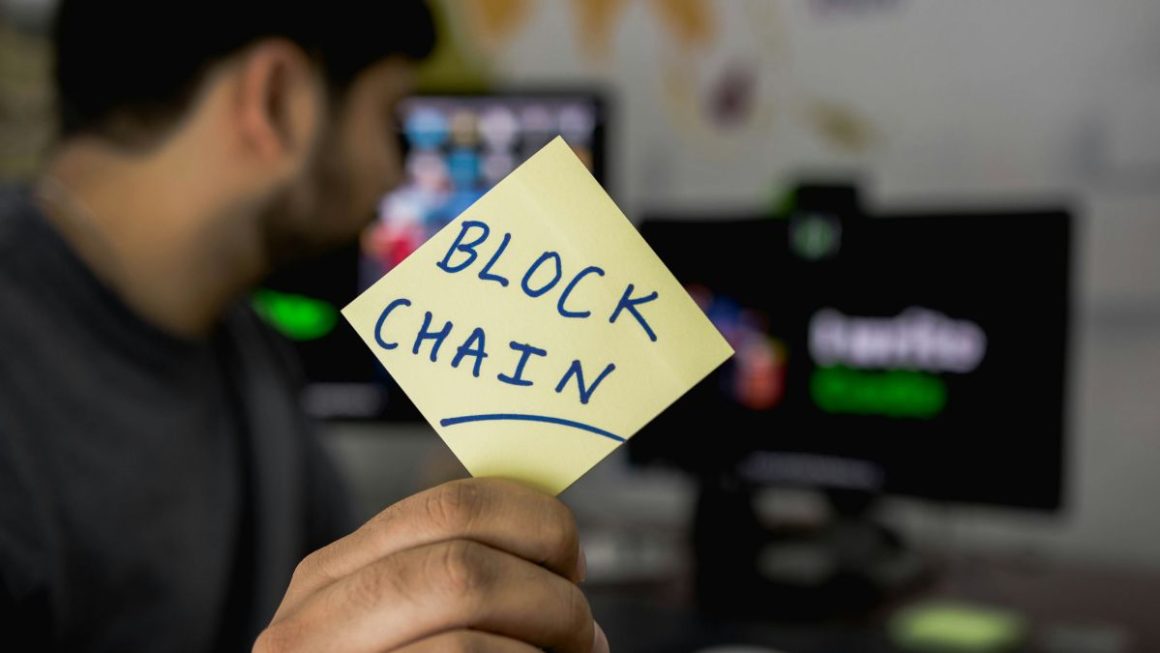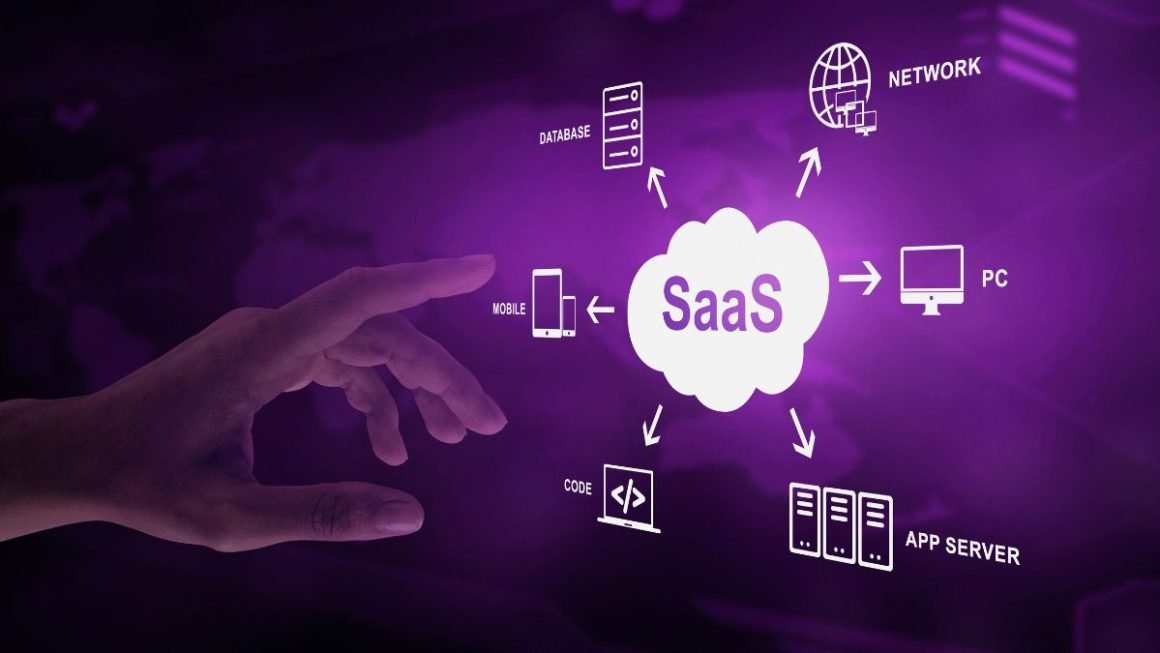Enterprises have long used machine learning and artificial intelligence to determine the most effective pricing strategies for their products. The latest research by scientists from the University of California and Rice University shows that the use of new technologies can lead to price collusion between companies whose management they do not need to be aware of.
New technologies, such as artificial intelligence and machine learning, help reduce costs and create competitive products in terms of price. However, the level of automation of these systems is so complicated that even their creators themselves do not fully know how computer neural networks make decisions. It turns out that the use of artificial intelligence can lead to unintended price collusion.
At a time when artificial intelligence and algorithms make it possible to automate certain management competencies, many managers forget about creating an appropriate hierarchy of their skills.
The fact that AI ( Artificial Intelligence ) analysis of competitors’ prices may result in joint pricing by several independent artificial intelligence centers is not that surprising. Scientists were even more astonished by the fact that a similar “collusion” effect can occur even when the algorithms do not directly take into account the prices of competitors. In a sufficiently long period, with access to relevant data from the business environment, there is a real risk of a situation in which the AI of several companies will be able to use their positions, blocking access to the market for other participants and manipulating product prices in such a way that it leads de facto to the monopoly.
The situation described above is a great challenge for both public administration and companies using new technologies. It is worth recalling here the White Paper of Artificial Intelligence, prepared by the European Commission, in which European lawmakers indicated that companies using AI systems are responsible for the use of this technology in such a way as to ensure consumer protection and not to apply unfair commercial practices – including collusion pricing.
Check the results of the Cube Research survey to find out how new technologies will affect the functioning of the HR department in the near future.
On the other hand, EC experts point out that investments in new technologies, including artificial intelligence, are necessary to ensure the competitiveness of the European economy. Excessive over-regulation may lead to blocking the development of many companies – especially small and medium-sized ones. Due to the difficulty in understanding the mechanisms of complex artificial intelligence systems, it is, therefore, a big challenge to find the golden mean ensuring, on the one hand, the competitiveness of Polish and other European economies, and, on the other, avoiding the threats posed by this technology.
Also Read : You Shouldn’t Close The App On Android Every Time




